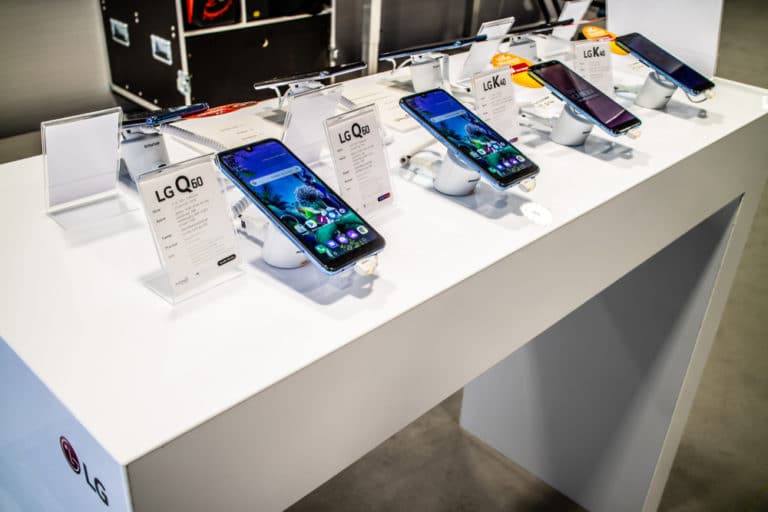The European Commission proposes that Apple and other manufacturers should be required to make accessories freely accessible to customers.
As a part of its ongoing investigation into electronic waste, the European Commission (EC) has recommended a variety of initiatives aimed at creating ecological design principles for mobile devices. The idea includes the introduction of fifteen mandatory spare components that should be available for at least four years after a phone’s release.
The objective
According to climate experts, the proposal has several advantages. Its main aim is to increase the battery capacity and the accessibility of spare components, which also helps to reduce carbon emissions in Europe. The EC wants to create sustainable standards and implement the proposals by the third quarter of 2022.
As per the plans, cells must be able to sustain full charging without degrading beyond 83 percent performance. Moreover, mobile phones would feature an energy-saving badge indicating battery endurance and features like fall prevention, similar to labels found on appliances.
ECOS comments
Although the idea is feasible and promising, the Environmental Committee on Standards (ECOS) believes it should be expanded further. According to the ECOS, the accessibility and maintenance of some repair components impose excessive restrictions on repairers.
According to the organization, customers should be allowed to receive repairs and a guarantee that batteries withstand at least 800 full charging cycles during a four-life cycle. The ECOS also implies that customers should be able to fix their equipment without the assistance of trained technicians.
The proposal has been criticized for causing unnecessary waste, with manufacturers possibly overstocking mobile phone materials and components that need to be disposed of. Furthermore, phone manufacturers who support phones for less than three years can face penalties.
Tip: HMD launches Nokia subscription service for repairs and recycling
